News
-
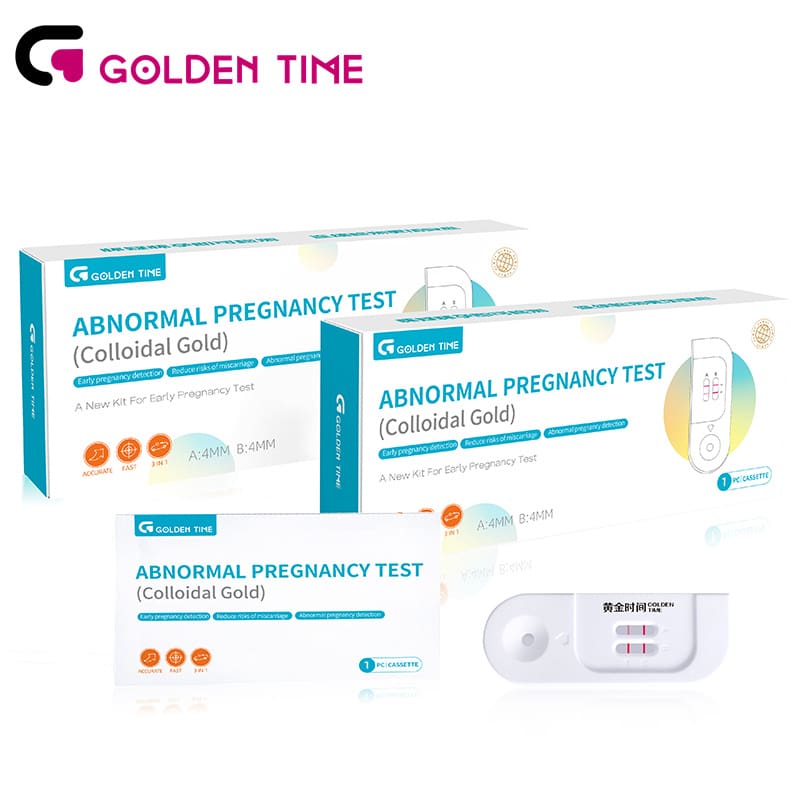
Pregnancy test-How do pregnancy tests work?
A pregnancy test checks your blood or urine for a hormone called human chorionic gonadotropin (hCG). This is a hormone made by the placenta (the placenta provides your growing baby with oxygen and nutrients from your bloodstream throughout the pregnancy). The amount of hCG in your blood and urine rise steeply during the first 12 weeks of pregnancy and then fall to low levels for the rest of the pregnancy.Read more -
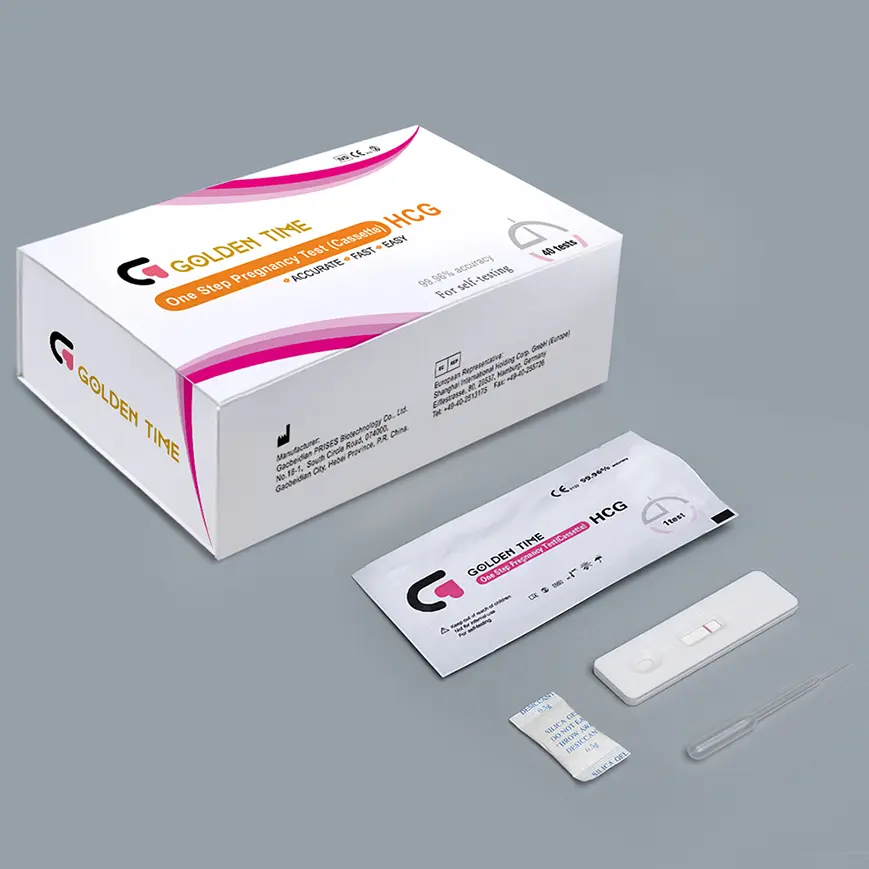
Understanding Pregnancy Tests
Urine tests can be performed in two different ways and these can be performed at home or in a clinic. One way involves collecting your urine in a cup and dipping a stick into the urine or putting urine into a special container with an eyedropper. Another option involves placing a stick into your urine stream and catching your urine in midstream.Tests vary in how long you have to wait to get a result. You will be looking for a change in color, a line, or a symbol (like a plus or minus) or the words “not pregnant” or “pregnant”.Read more -
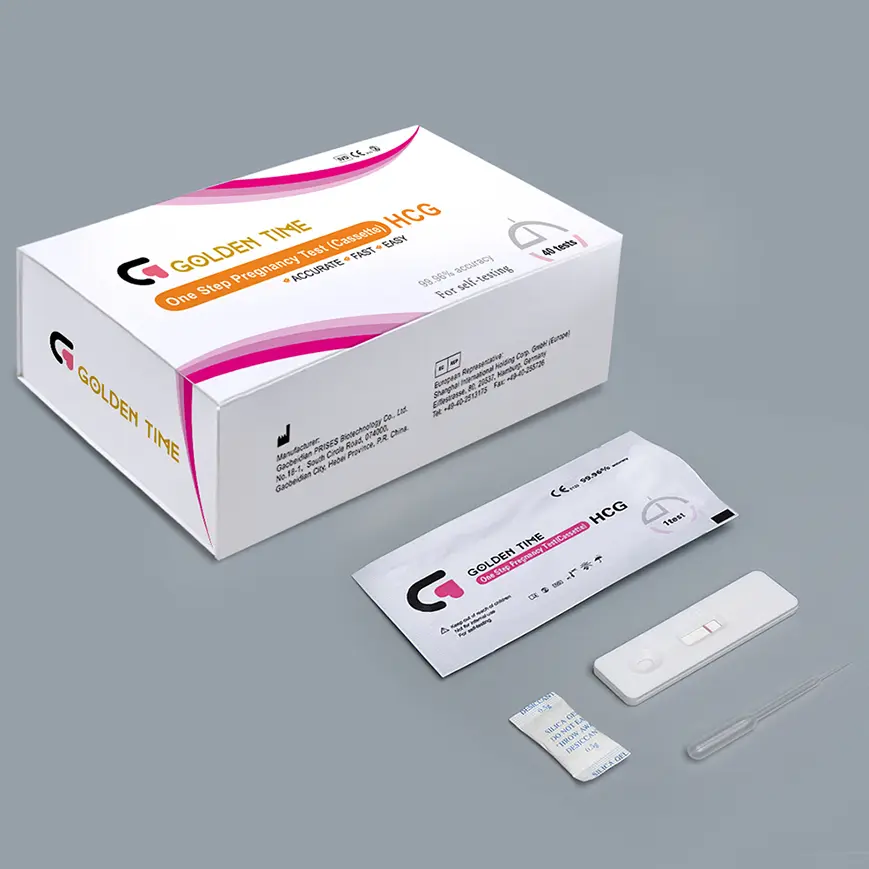
Pregnancy test-When You Need to Know Now!
Urine tests can be performed in two different ways and these can be performed at home or in a clinic. One way involves collecting your urine in a cup and dipping a stick into the urine or putting urine into a special container with an eyedropper. Another option involves placing a stick into your urine stream and catching your urine in midstream.Tests vary in how long you have to wait to get a result. You will be looking for a change in color, a line, or a symbol (like a plus or minus) or the words “not pregnant” or “pregnant”.Read more -
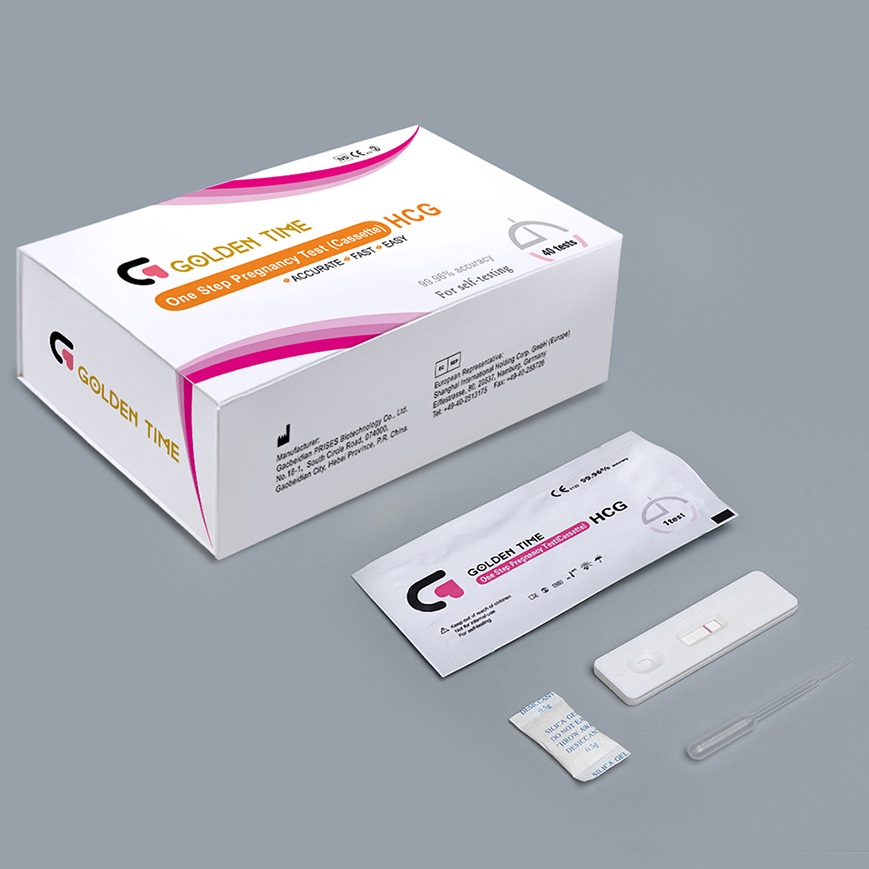
positive pregnancy test-Pregnancy test
A pregnancy test can confirm if a female is pregnant. The test can be carried out at home or in the doctor’s office. It works by measuring levels of a hormone called human chorionic gonadotropin (HCG).A pregnancy test is around 99% reliable. It works by measuring levels of HCG in either the blood or urine. HCG can be present in the blood and urine approximately 10–14 days after conception.Read more -
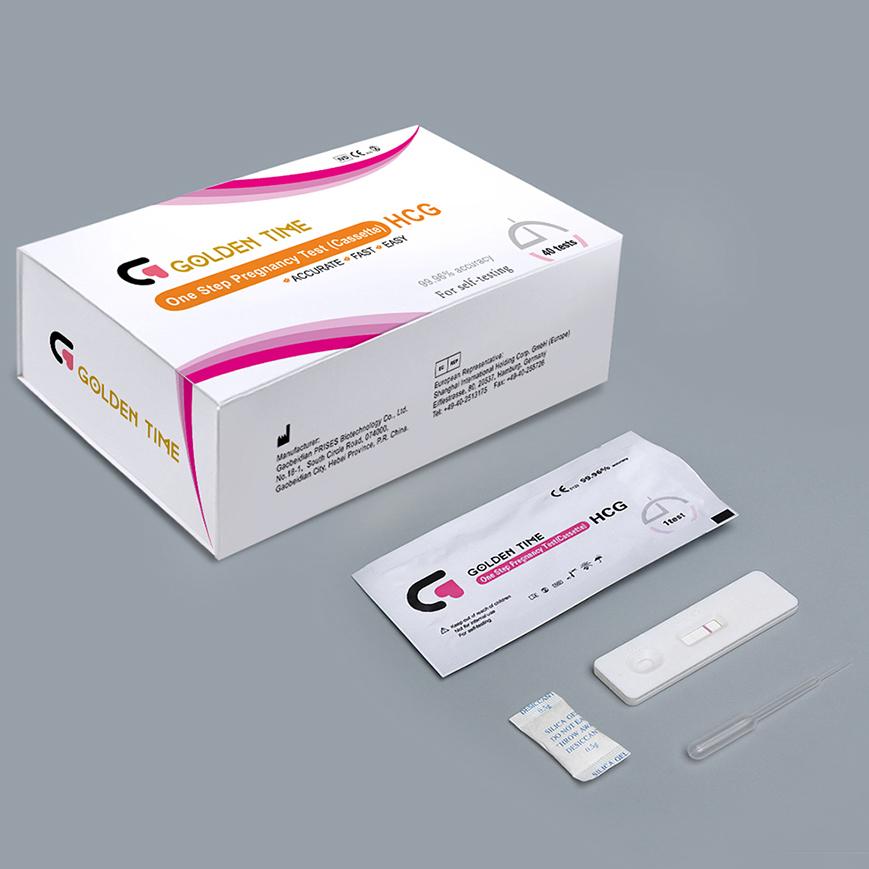
Pregnancy test-How early can home pregnancy tests show positive results?
The day of your expected period is the day your period is due to start. If you still haven’t got your period the next day, this is the first day of your “missed period”. If you see instructions in the leaflet telling you, you can take a test 5 days before expected period, this is the same as 6 days before your missed period. The Clearblue® Early Detection Pregnancy Test, can detect hCG as early as 6 days before your missed period3.Read more -
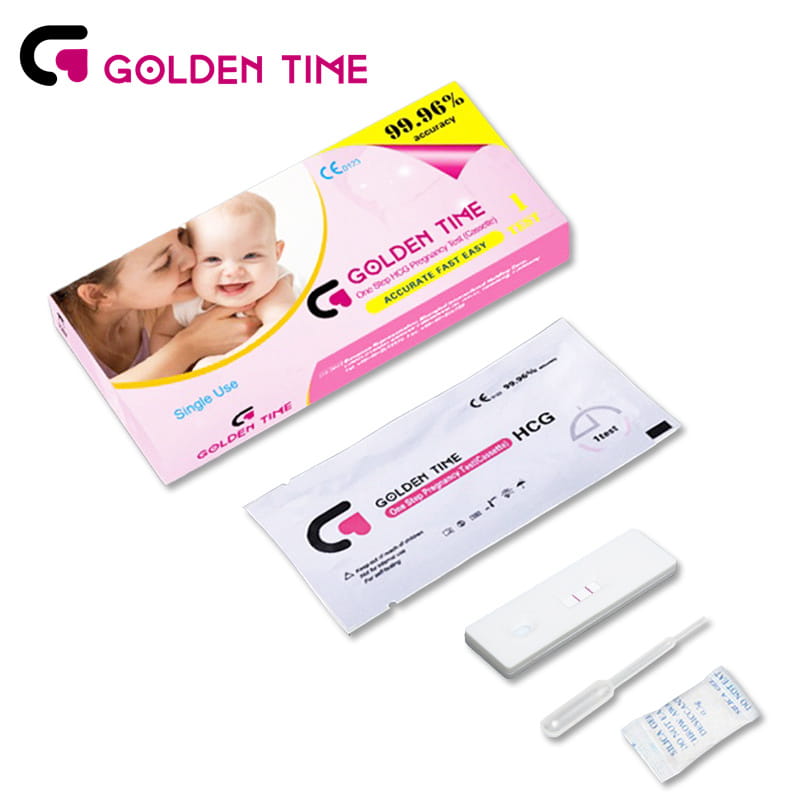
Pregnancy test-Home pregnancy tests: Can you trust the results?
Could you be pregnant? Get answers to common questions about home pregnancy tests.By Mayo Clinic StaffTaking a home pregnancy test can be exciting, but it also may be stressful. That's especially true if you're not sure whether you should trust the results. Know when and how to take a home pregnancy test. And learn some of the possible drawbacks of home testing.Read more -
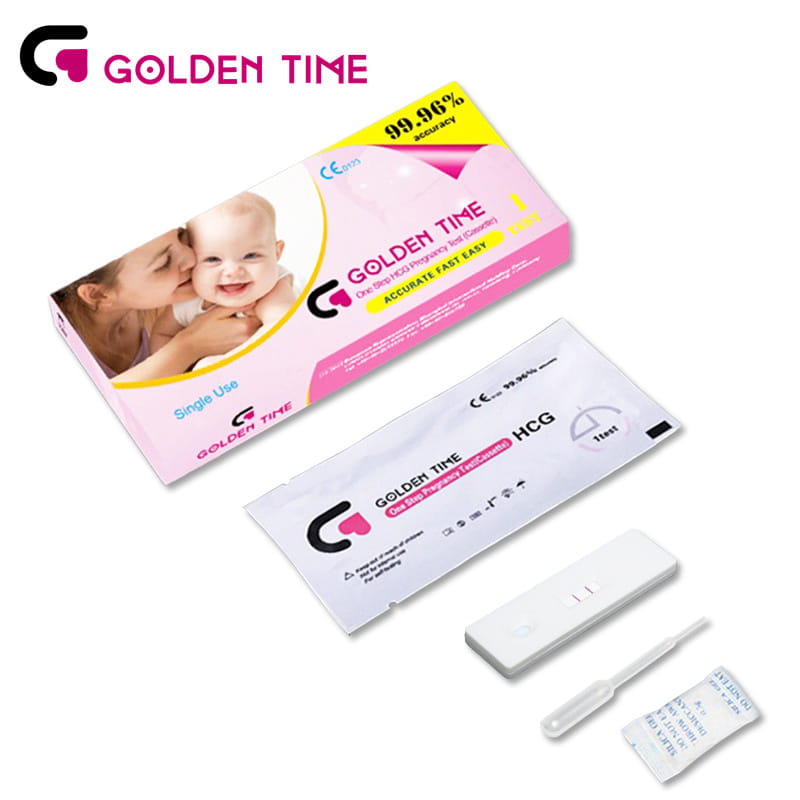
Pregnancy test-Doing a pregnancy test
You can carry out most pregnancy tests from the first day of a missed period. If you don't know when your next period is due, do the test at least 21 days after you last had unprotected sex.Some very sensitive pregnancy tests can be used even before you miss a period.You can do a pregnancy test on a sample of urine collected at any time of the day. It doesn't have to be in the morning.Read more -
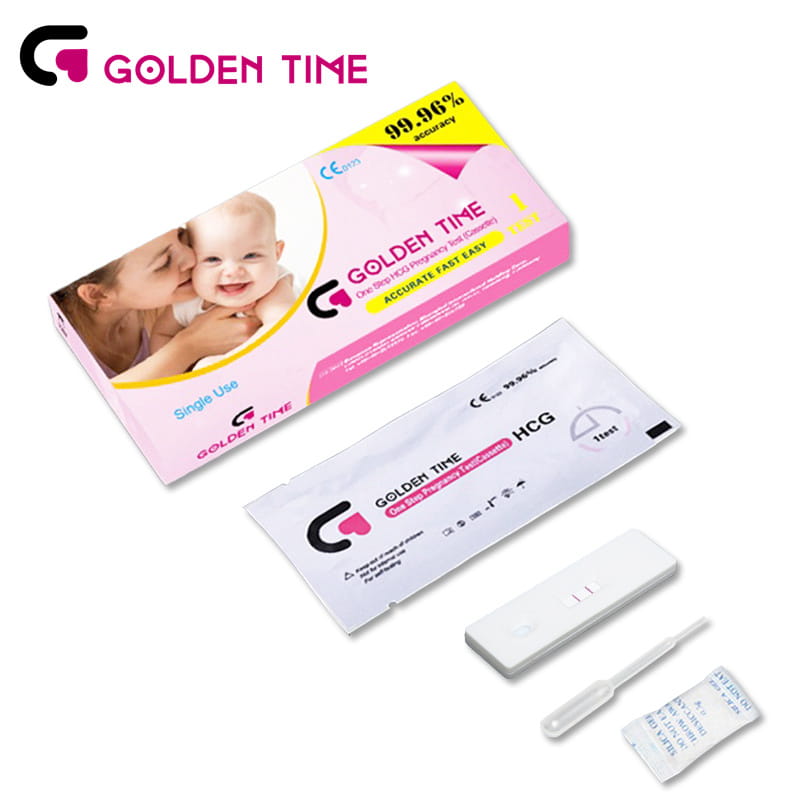
Pregnancy test-How the Test is Performed
A pregnancy test is done using blood or urine. There are 2 types of blood tests:Qualitative, which measures whether the HCG hormone is presentQuantitative, which measures how much HCG is presentThe blood test is done by drawing a single tube of blood and sending it to a laboratory. You may wait anywhere from a few hours to more than a day to get the results.Read more -
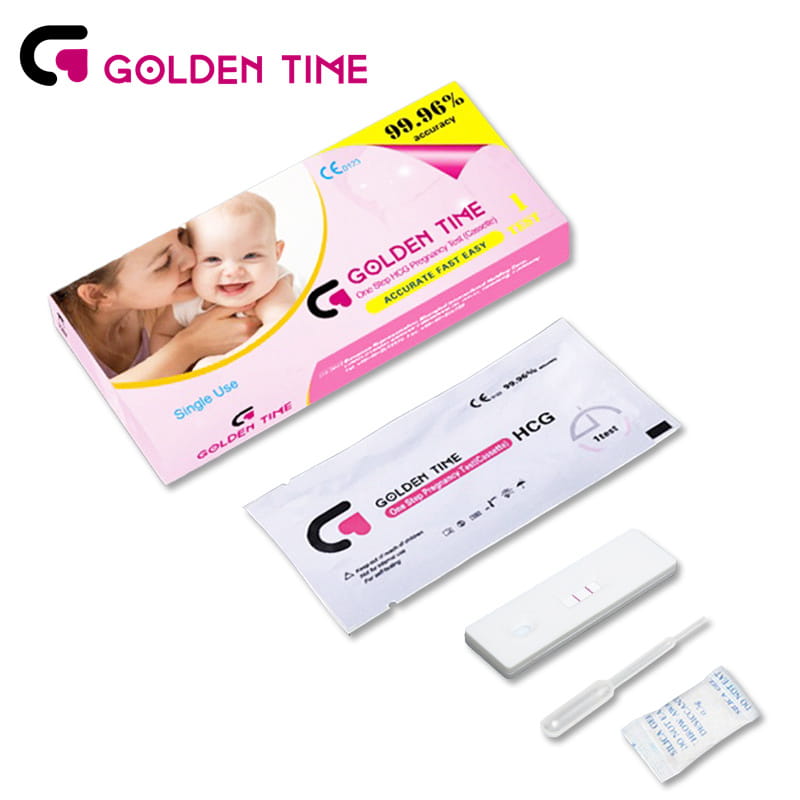
Pregnancy test-home pregnancy test
Could you be pregnant? Get answers to common questions about home pregnancy tests.By Mayo Clinic StaffTaking a home pregnancy test can be exciting, but it also may be stressful. That's especially true if you're not sure whether you should trust the results. Know when and how to take a home pregnancy test. And learn some of the possible drawbacks of home testing.Read more -
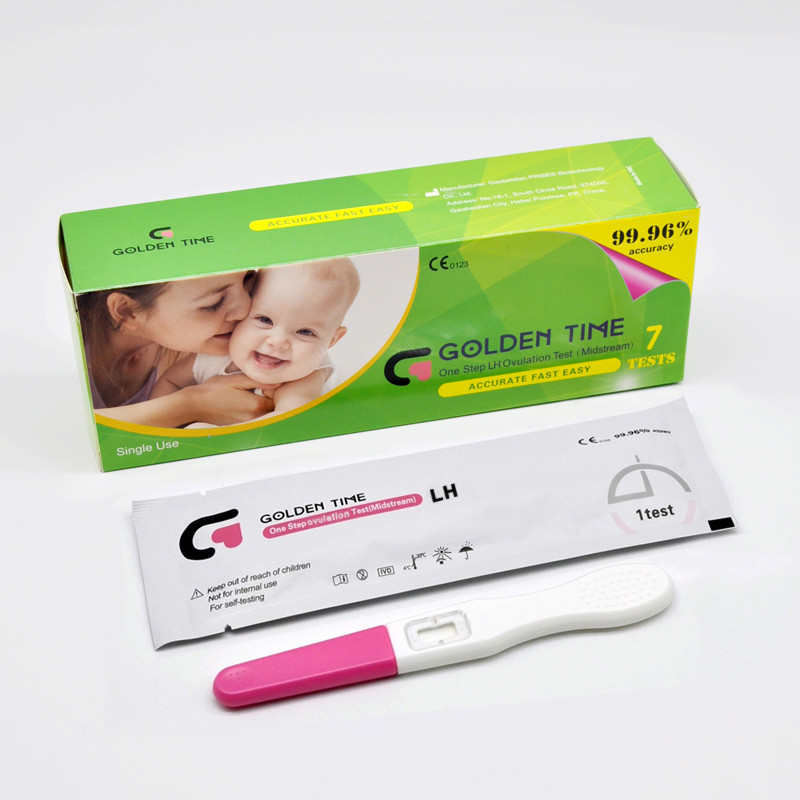
Talk about Pregnancy test
A modern hormone pregnancy test, showing a positive resultA pregnancy test is used to determine whether a female is pregnant or not. The two primary methods are testing for the female pregnancy hormone (human chorionic gonadotropin (hCG)) in blood or urine using a pregnancy test kit, and scanning with ultrasonography.[1] Testing blood for hCG results in the earliest detection of pregnancy.[2] Almost all pregnant women will have a positive urine pregnancy test one week after the first day of a missed menstrual period.Read more -
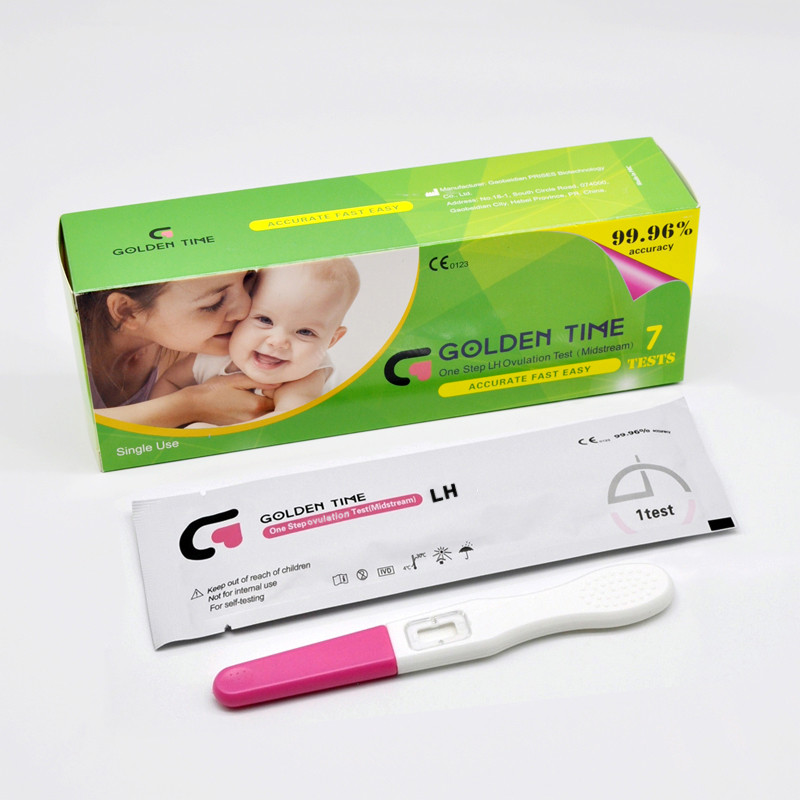
Pregnancy test-home pregnancy test
You can carry out most pregnancy tests from the first day of a missed period. If you don't know when your next period is due, do the test at least 21 days after you last had unprotected sex.Some very sensitive pregnancy tests can be used even before you miss a period.You can do a pregnancy test on a sample of urine collected at any time of the day. It doesn't have to be in the morning.Read more -
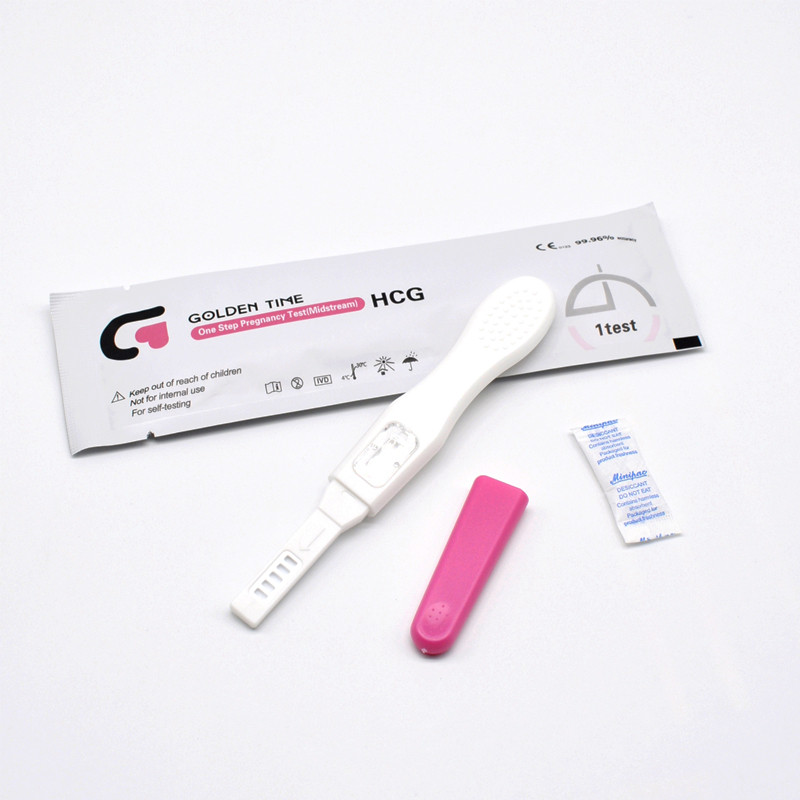
Pregnancy Test-What is a pregnancy test?
A pregnancy test can tell whether you're pregnant by checking a sample of your urine (pee) or blood for a specific hormone. The hormone is called human chorionic gonadotropin (hCG). High levels of hCG are a sign of pregnancy. hCG increases quickly in the first ten weeks after a fertilized egg attaches to the inside wall of the uterus.Read more

